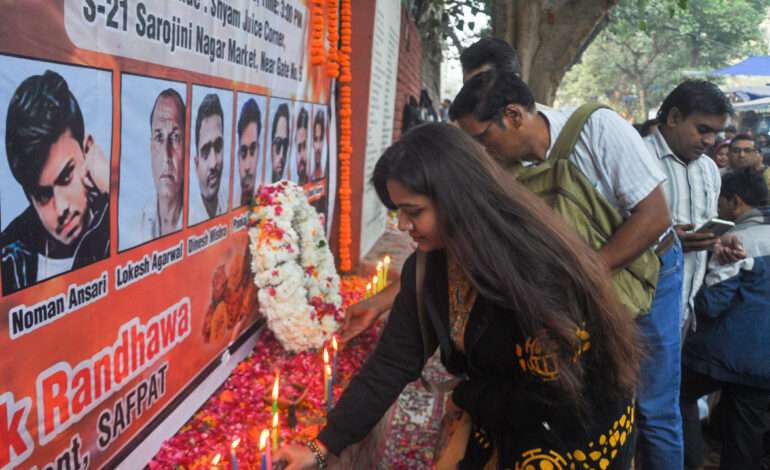
Red Fort blast probe reveals ISI used Afghanistan, Turkey to mask Pakistan’s role
Investigations into the deadly blast at Delhi’s Red Fort, which killed 12 people and injured many others, have uncovered a deliberate effort by Pakistan’s Inter-Services Intelligence (ISI) to keep all operational activity outside Pakistani territory. Intelligence officials say the strategy was designed to conceal Pakistan’s direct involvement by using networks in Afghanistan, Turkey, and other countries to plan, recruit, and execute the attack.
According to Intelligence Bureau sources, the ISI adopted this approach to avoid any evidentiary trail leading back to Pakistan, particularly after India’s strong response to the Pahalgam terror attack under “Operation Sindoor.” New Delhi had warned that future terror strikes would be treated as acts of war—raising the stakes for Pakistan. Additionally, Islamabad remains under scrutiny by the Financial Action Task Force (FATF), and with its fragile economic conditions, it cannot risk returning to the Grey or Black List.
The probe revealed that the ISI appointed Maulvi Irfan Ahmed, a Jammu and Kashmir resident, to set up an Indian module and recruit operatives. This led to the formation of a key terror unit in Faridabad. To further distance the operation from Pakistan, Ahmed’s handlers were drawn from a Jaish-e-Mohammad (JeM) cell established in Afghanistan in 2021. Ahmed and other accused were reportedly in continuous communication with handlers based in Afghanistan.
Another layer of the operation emerged with the discovery of links to Turkey. The Jammu and Kashmir Police have sought a Red Corner Notice against Dr. Muzaffar Rather, believed to be in Afghanistan. Rather, along with co-accused Dr. Muzammil Ahmad Ganaie and Dr. Umar Nabi, traveled to Turkey in 2021 for 20 days. Investigators believe they met ISI-linked operatives there and discussed logistical and operational support for the module. Turkish authorities, however, maintain that their territory is not being used for radicalization or terror activities.
Officials note that Pakistan’s use of foreign soil to direct attacks against India is not new. Afghanistan has been used multiple times in the past, and Bangladesh has recently emerged as another hub where ISI-backed groups are being trained to target India’s eastern states.
The Faridabad module, investigators say, was one of the largest operations mounted by the ISI in recent years. It was not intended as a one-off attack but part of a broader strategy to establish a network of “white-collar” terrorist modules across India. Intercepts further indicate that ISI operatives in Pakistan avoid direct contact with India-based recruits, instead routing instructions through handlers in Afghanistan and other countries to evade detection.